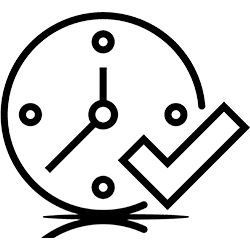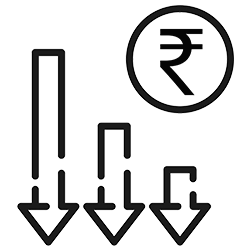
 Ethika Insurance Broking Pvt. Ltd - Insurance Broking Company - Preferred Corporate Insurance Brokers for small businesses and mid-size businesses. IRDAI Certificate No: 574, Date of License: 8th August 2016,
Ethika Insurance Broking Pvt. Ltd - Insurance Broking Company - Preferred Corporate Insurance Brokers for small businesses and mid-size businesses. IRDAI Certificate No: 574, Date of License: 8th August 2016,
License valid till 7th Aug 2025, Registered Address: 1st Floor, 1-88/136, Anjaiah Nagar, Gachibowli,
Hyderabad, 500032, Telangana | www.ethika.co.in Principal Officer: Sandeep Mukka,
Contact Details of Principal Officer: sandeep.m@ethika.co.in +91 84989 97000, Directors: Susheel Agarwal and Suresh Agarwal, Category of License: Direct (Life and General).
Copyright © 2024 | Ethika Insurance Broking. All rights reserved.
Site Map / Become our Point of Sale Person / Privacy Policy / POSH Policy / Terms & Conditions
 Get a free review of your
Get a free review of your





